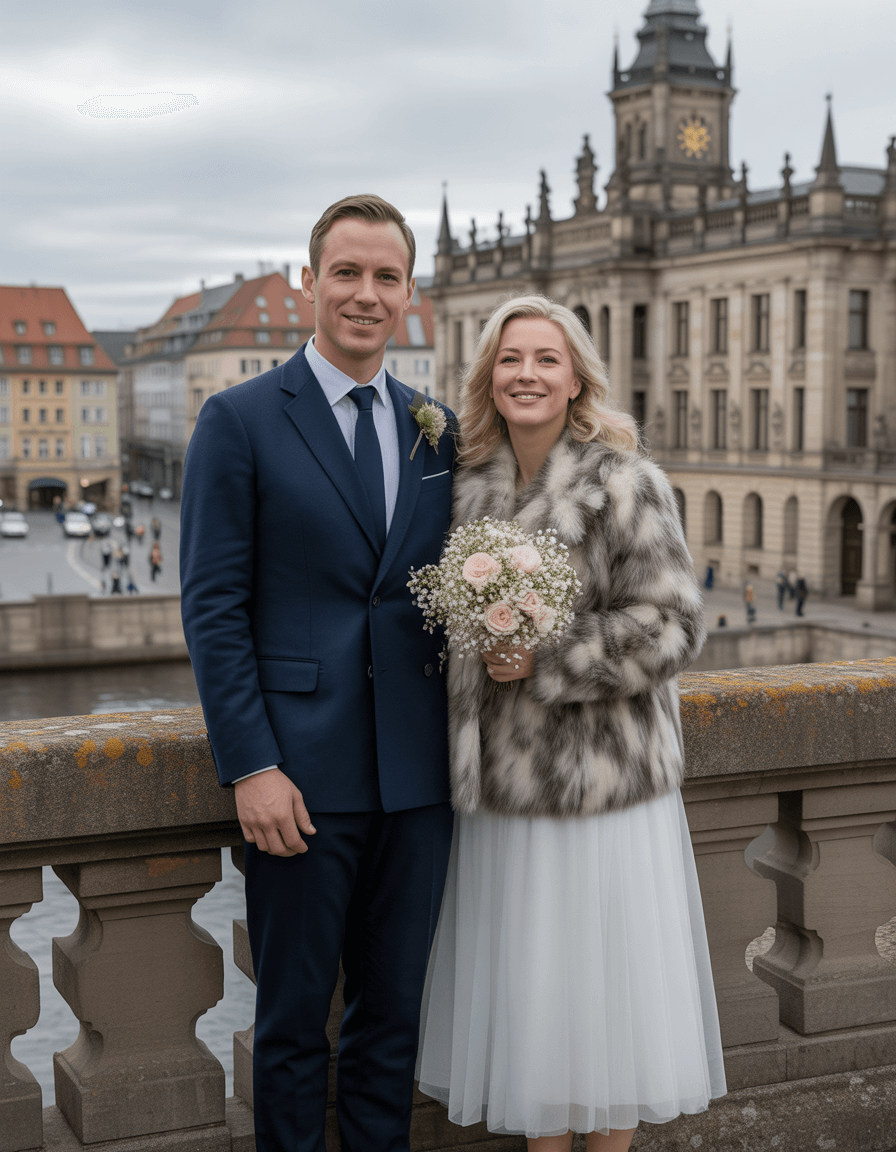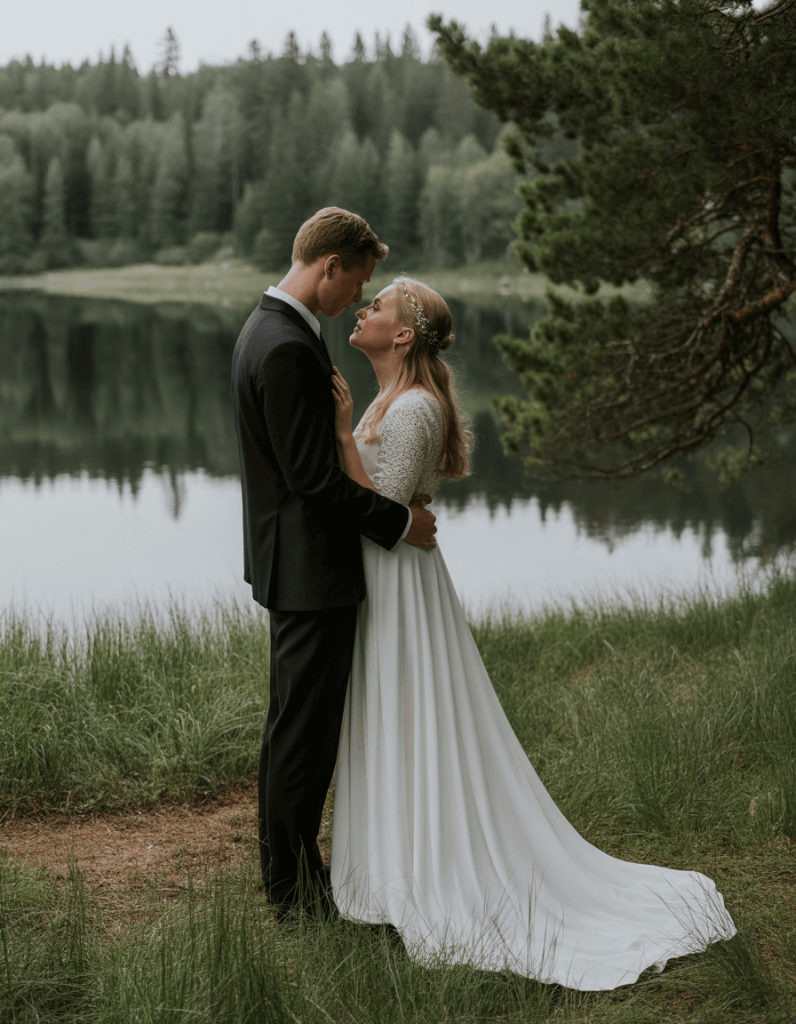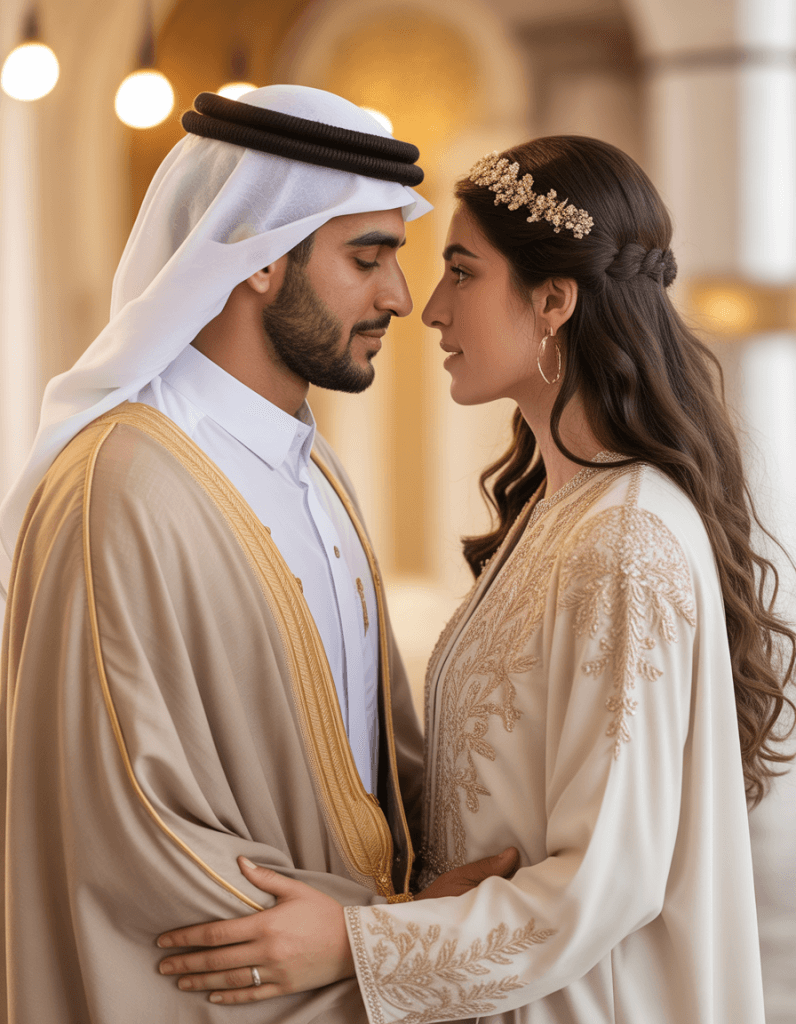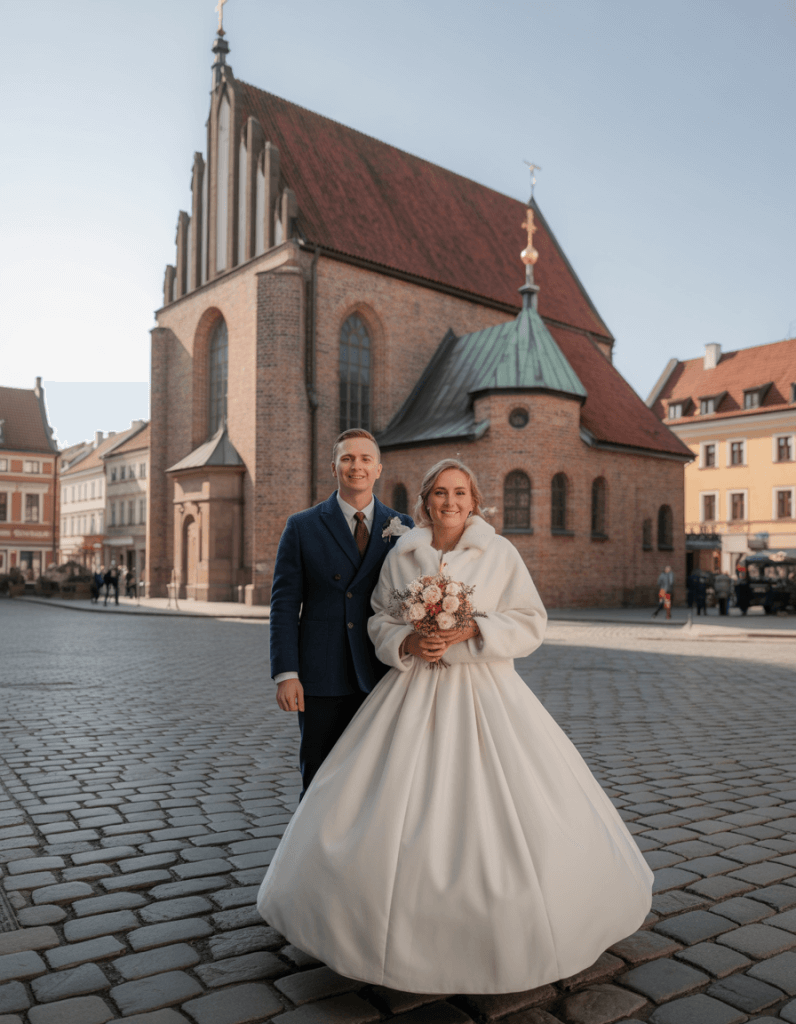The average age people get married in Germany has gradually increased over the years, reflecting significant social and cultural changes. Modern lifestyles, career priorities, and evolving expectations have transformed how people approach relationships and commitment.
In earlier decades, marriages often took place in one’s early twenties. Today, it’s common for couples to wait longer before tying the knot. Many individuals prefer to complete their education, gain work experience, and achieve financial independence first. This shift has made marriage less of an early milestone and more of a thoughtful, later-life decision.
Average Marriage Age for Men and Women
Statistical data from national reports shows that men in Germany now marry at an average age of around 34 years, while women tend to marry at about 32. This steady rise highlights broader social changes such as gender equality in education and employment, as well as the growing importance of personal development before forming a family.
For instance, men in Germany often delay marriage due to career ambitions, financial planning, and the desire to find a long-term compatible partner. Similarly, many women choose to focus on education or professional goals before committing to marriage in Germany.
The Role of Modern Values and Lifestyle Choices
This trend is closely tied to modern values that emphasize individual freedom, personal growth, and self-realization. Younger generations prioritize emotional compatibility and shared goals over traditional timelines. Cohabitation before marriage has also become increasingly common, giving couples a chance to test compatibility before making a lifelong commitment.
The evolution of marriages reflects the overall flexibility of relationships in modern society. Rather than following rigid traditions, people now approach marriage as a choice grounded in trust and readiness.
Family Patterns and Population Changes
As the population ages and birth rates decline, the later age of marriage has also influenced family formation. Many couples now start families later, resulting in smaller household sizes and a focus on work-life balance. Despite these demographic shifts, marriage remains a meaningful institution in Germany, valued for its emotional, legal, and social significance.
While people may be marrying later, they are entering partnerships with greater maturity, stability, and mutual understanding.
Why People Wait Longer to Get Married
There are several reasons behind the rising average marriage age:
- Education and Career Focus: Many young adults pursue higher education and professional goals before marriage.
- Economic Considerations: Stability and financial readiness are key factors in planning a wedding and starting a family.
- Changing Gender Roles: Both men and women now share equal responsibility in decision-making and career pursuits.
- Social Acceptance of Cohabitation: Long-term relationships without marriage are widely accepted in 독일.
- Personal Priorities: Emotional health, independence, and freedom play a major role in relationship decisions.
A Reflection of Social Evolution
The rise in the average marriage age demonstrates how adaptable and forward-thinking modern societies have become. Marriages today are not simply a societal expectation but a personal commitment made with awareness and intention.
As traditions evolve, so does the understanding of love, trust, and partnership. Whether early or late, marriage continues to symbolize unity, companionship, and shared dreams among people in Germany.
최종 생각
In essence, the average age people get married in Germany continues to rise, but this change represents progress rather than decline. With stronger emphasis on equality, education, and emotional well-being, modern marriages in Germany are more stable and fulfilling than ever before.













